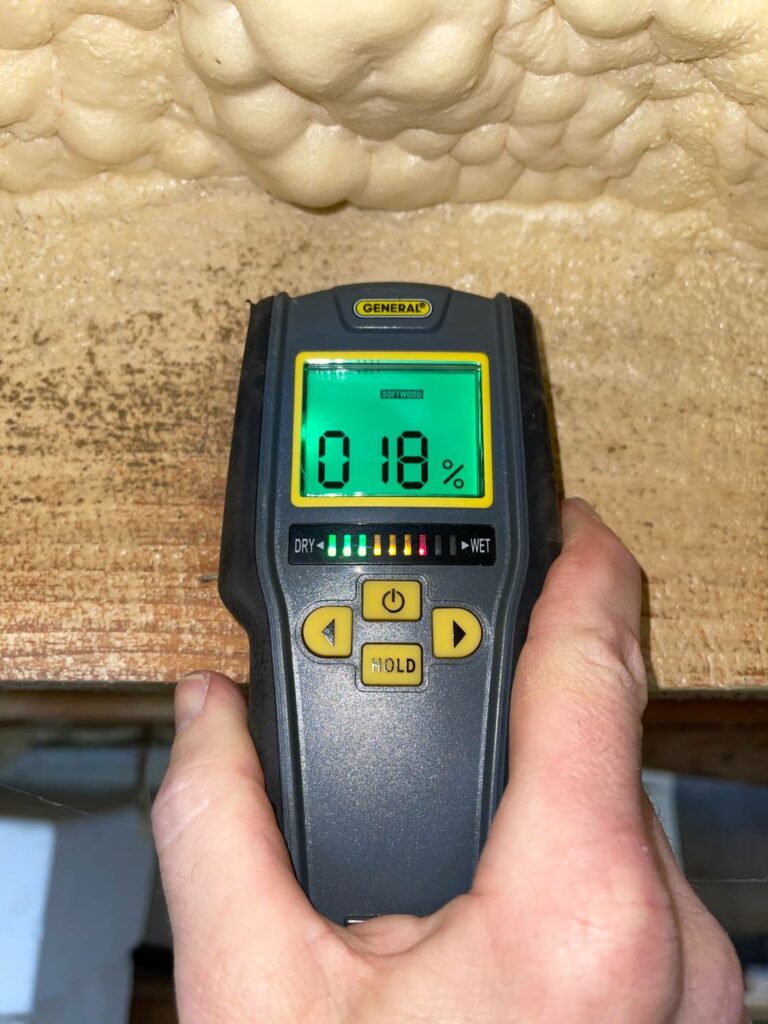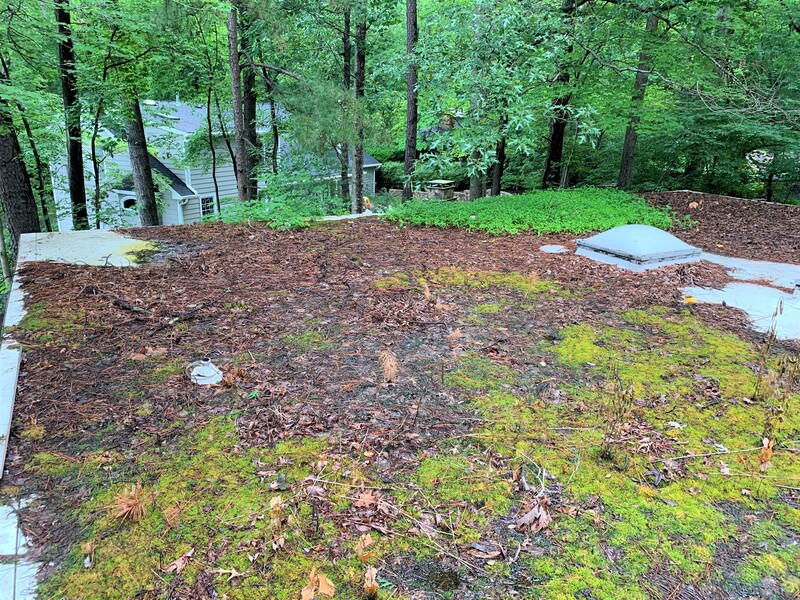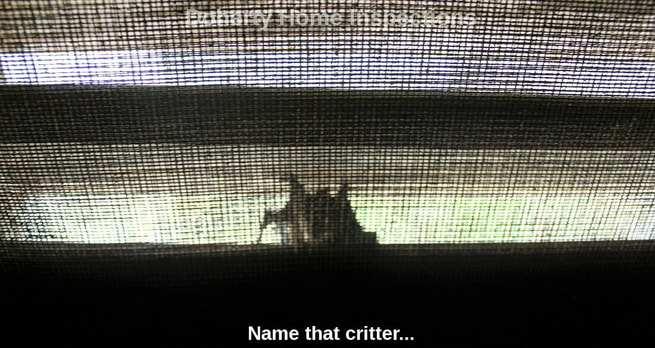Tools That Help Us Help You
If your home has an attic and/or crawl space, there is a good chance that you don’t regularly go into these areas to check for concerns like water intrusion, leaks, or high humidity/moisture. But we do! This is a critical component to every home inspection and discovering these kinds of issues can save you thousands […]
Tools That Help Us Help You Read More »



